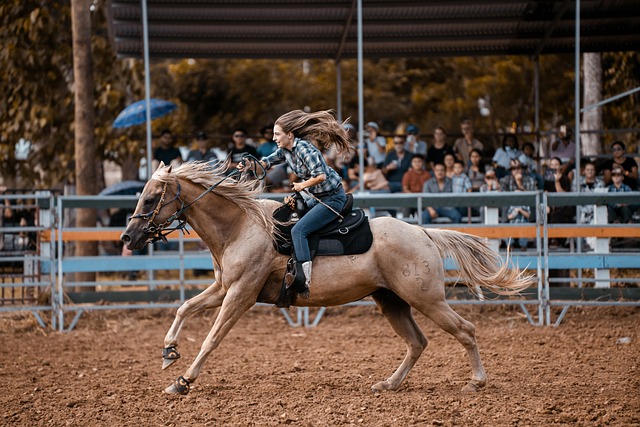Title: Equine Law: The Legal Landscape of Horse Ownership
Introduction: Delve into the fascinating world of equine law, a niche yet crucial area of legal practice that governs the complex relationships between horses, their owners, and the wider equestrian community. From liability issues to contract disputes, equine law presents unique challenges and considerations that impact horse enthusiasts, breeders, and industry professionals alike.

Key Components of Equine Law
Equine law covers a diverse array of legal matters. At its core are issues of ownership and transfer, including sales contracts, leases, and breeding agreements. Liability is another crucial aspect, addressing injuries caused by horses or occurring during equestrian activities. Additionally, equine law deals with animal welfare regulations, zoning laws for equestrian facilities, and intellectual property rights related to horse breeding and genetics.
Liability and Risk Management in Equestrian Activities
One of the most significant areas of equine law revolves around liability. The inherent risks associated with horse-related activities have led to the development of specific legal doctrines and statutes. Many jurisdictions have enacted Equine Activity Liability Acts, which provide certain protections for horse owners and event organizers. These laws typically require participants to assume some level of risk when engaging in equestrian activities, but they do not absolve negligent behavior.
Contracts and Transactions in the Horse Industry
The horse industry relies heavily on contractual agreements. Sales contracts for horses can be complex, often involving substantial sums of money and detailed terms regarding the animal’s health, performance, and breeding potential. Syndication agreements, which allow multiple parties to share ownership of valuable breeding stallions, present unique legal challenges. Leasing arrangements for horses used in competition or breeding also require careful legal consideration to protect the interests of all parties involved.
Animal Welfare and Equine Law
As public awareness of animal welfare issues has grown, equine law has evolved to address concerns about horse care and treatment. Legal standards now exist for minimum care requirements, transportation of horses, and humane methods of euthanasia. Additionally, there are regulations governing the use of medications in competition horses, aimed at ensuring fair competition and protecting animal welfare. The legal framework surrounding horse slaughter and the international transport of horses for this purpose continues to be a contentious area of equine law.
Intellectual Property in Horse Breeding
The world of horse breeding has given rise to interesting intellectual property considerations. While it’s not possible to patent a horse breed, there are legal protections available for unique breeding methods and genetic markers. Trademarks play a significant role in the industry, protecting valuable brand names associated with successful breeding operations or competition horses. Copyright law may also come into play, particularly in relation to photographs and promotional materials used in the horse industry.
Equine Law in Practice: Challenges and Opportunities
Practicing equine law requires a unique blend of legal expertise and industry knowledge. Attorneys in this field must understand not only the relevant laws and regulations but also the intricacies of the horse world. They often face challenges in educating clients about legal risks and the importance of proper documentation in an industry that has traditionally relied heavily on handshake agreements. However, as the equine industry continues to grow and evolve, opportunities for specialized legal services in this area are expanding.
The Future of Equine Law
As technology advances and societal attitudes towards animals change, equine law is likely to face new challenges and developments. Issues such as cloning, genetic engineering, and the use of artificial intelligence in horse breeding and training may require new legal frameworks. Additionally, increasing concerns about animal rights could lead to further regulations on horse ownership and use. The globalization of the horse industry also presents challenges, as legal practitioners must navigate complex international laws governing horse transport, competition, and sales.





